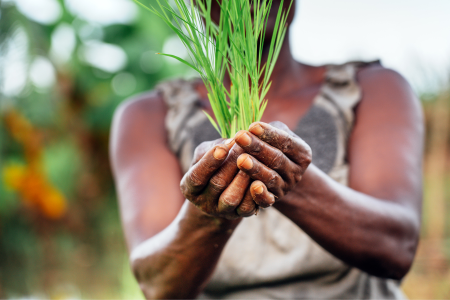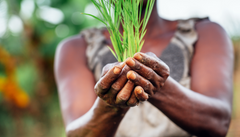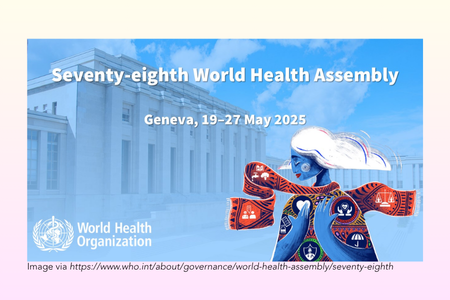Need For Nuance In Discussing Access To Nutrition

December 10th was Human Rights Day, and at Lucky Iron Life we strongly believe that nutrition is a fundamental human right. However, the common narrative surrounding poor nutrition for women, girls, and gender diverse people is often disempowering because their right to nutrition and a healthy body are framed around their reproductive capacity. By protecting their rights as it relates to their role as mothers or potential mothers ignores the fact that they are entitled to nutritious food because they are human beings who deserve power and control in their lives. It is time for a paradigm shift in how we talk about the right to nutrition.

Good nutrition and gender equality are mutually reinforcing. Empowering women, girls, and gender diverse people is crucial in achieving gender equality. When women are empowered, they have better access to resources, including food and finances, which improves their nutritional status and overall well-being. In addition, by centering their rights around their ability to have children reinforces the notion that women, girls, and gender diverse people are only as valuable as their reproductive abilities rather than valuable for themselves. Therefore, to promote women’s, girls’, and gender diverse peoples’ empowerment and achieve gender equality, there needs to be a paradigm shift in the nutrition sector that recognizes the inherent dignity and worth of them regardless of their reproductive choices or capacities.
A person's gender often determines their access to nutrition interventions and increases the likelihood of malnutrition, thus making achieving equality impossible. It's concerning to see how climate change can worsen malnutrition rates and micronutrient deficiencies, which can have a devastating impact on the health of women, girls, and gender diverse individuals. It's crucial that we prioritize addressing this basic human right to ensure that everyone has access to adequate nutrition.

Unfortunately, most women, girls, and gender diverse people are rarely consulted when decisions are made about their bodies, health, or minds. To shift the paradigm and promote their empowerment, we need to take a different approach - whereby we reject any policies or interventions that fragment their bodies. Rather, we need to meaningfully engage with women, girls, and gender diverse people to establish policies and interventions that facilitate true equality.




